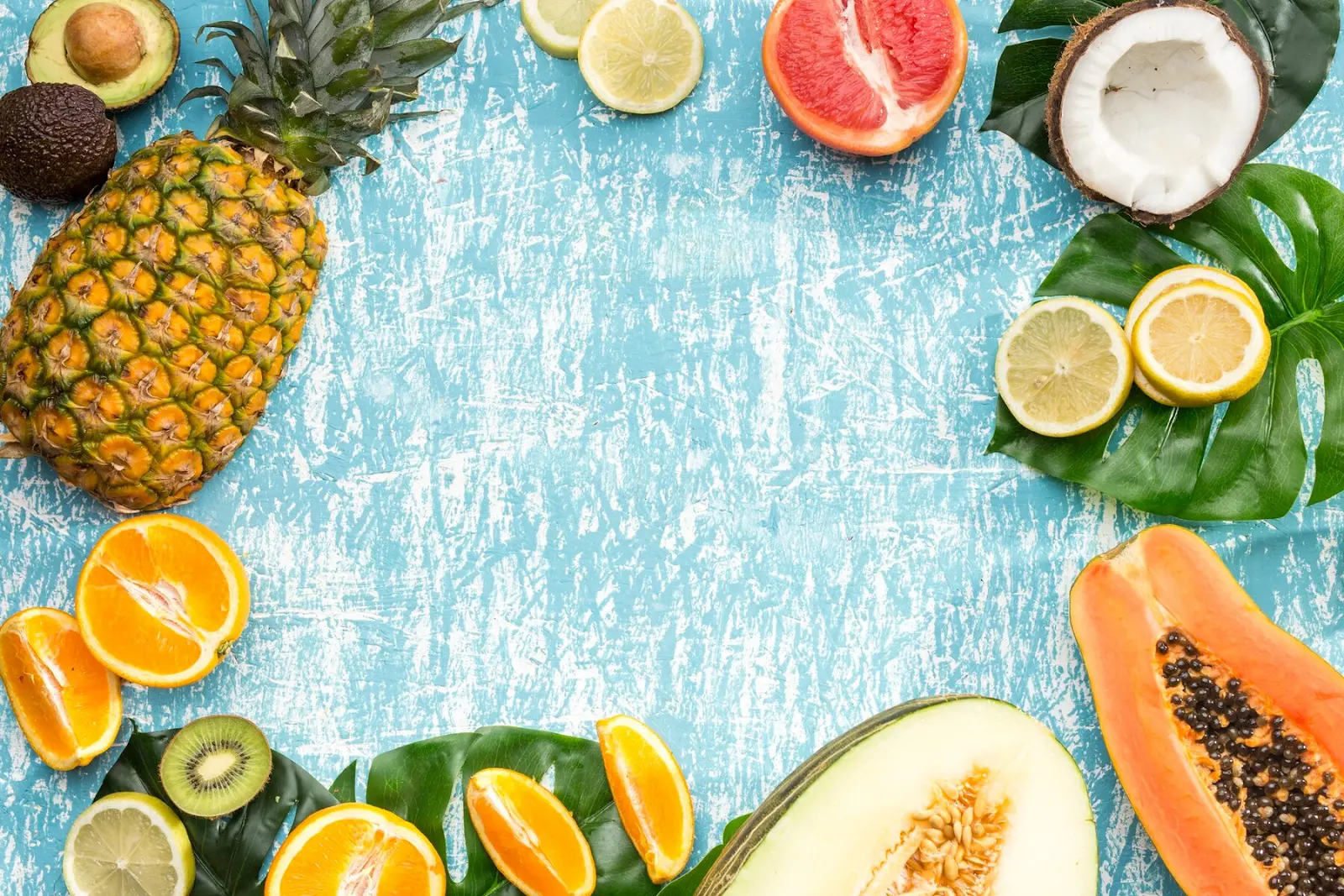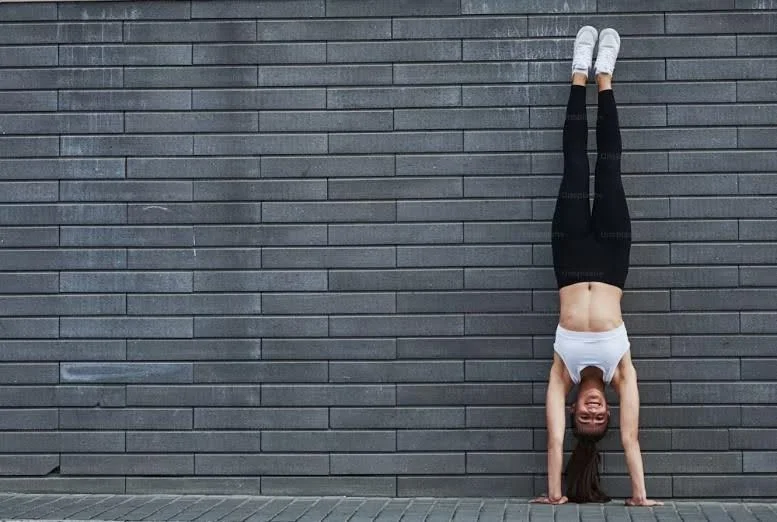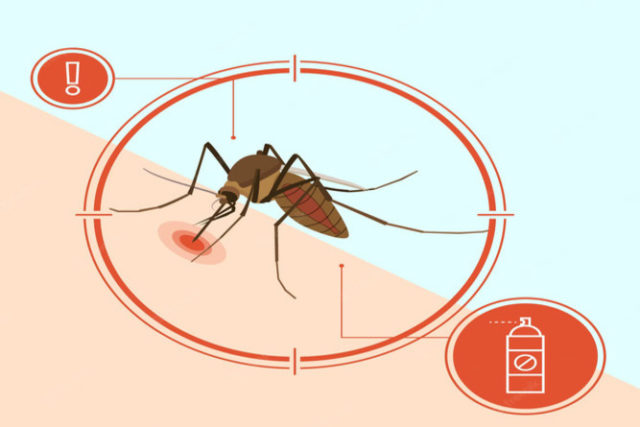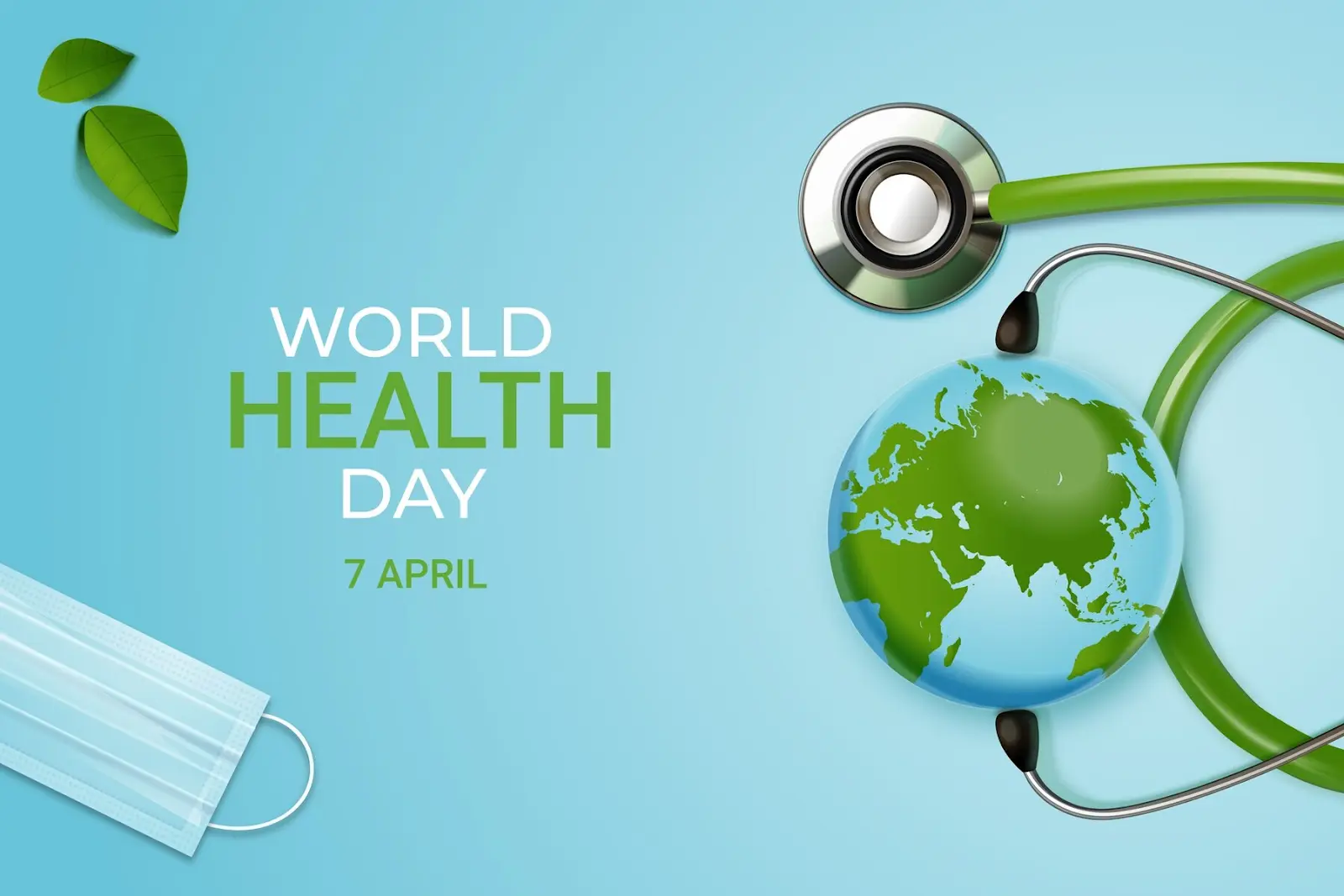The Monsoon season has more humidity and moisture in the air. This allows the germs and microbes to breed more efficiently, get active and have the chance to spread diseases faster. It is the season of the flu. This is because the state of stagnant water, wetlands, mud, and air gives the deadly viruses and bacteria’s perfect opportunity to spread diseases more and increase the infection among people.
The stagnant water accumulating on the land, roads, gullies, small tanks, drains and other dirty places acts as the perfect breeding ground for the infected mosquitoes and flies. There is a lack of precautions in several parts of the country. Water logging on the roadways due to inadequate drainage systems raises the risk of disease transmission, leading to traffic congestion, accidents, and significant engine damage.
Diseases spread by Mosquitoes during Monsoon Season
During the rainy season, mosquitoes that carry infectious viruses might convey such illnesses to humans. Some of the deadly mosquito-borne diseases are:
- Dengue
- Malaria
- West Nile Virus (WNV)
- Chikungunya
- Zika Virus
- Yellow Fever
Safety Precautions and Preventions against the Mosquito-Borne Diseases
It’s important to avoid contracting mosquito-borne infections and always be careful while stepping out.
- Using Repellents
When you go outside during the monsoon season, use protective insects and mosquito repellents. You can consider using natural repellents like peppermint oil, basil leaves, and Lemon Eucalyptus oil available at home. This will assist in less mosquito breeding. In addition, you may find several different chemically induced repellent sprays and roll-ons on the market. Therefore, you should use them while stepping outside the house; protective, covered clothes are also recommended.
- Limited Outdoor Time
When the monsoons roll in, the air and surroundings become moist and humid, creating ideal conditions for spreading viruses. Many mosquitoes are active at dawn and dusk, so going outside is a good idea to avoid being bitten.
- Sanitisation
Safe sanitisation and cleaning of the corners, small passages, floors, and other surfaces in the house with disinfectants regularly. This will help you to make it free from viruses and bacteria. Swimming pools have stagnant water and can be a breeding place for mosquitoes if not cleaned frequently. Chlorine is a strong sanitiser to clean the water storage area in the house and the swimming pool.
- Cutting Down Mosquito Breeding
Regular cleaning of lawns and gardens and trimming the plants and grass prevents mosquitoes from resting and laying eggs. The drainage and gutter areas by the house should be cleaned as it is a breeding spots for mosquitoes. Garden pots, old buckets, and other small tanks and containers should be emptied and cleaned to prevent water buildup.
- Prevent Mosquitoes from Entering the Home
Your house is the safest place for your loved ones to congregate, where you can take measures to keep them healthy. It’s best to cover the windows with sturdy rolling nets to keep mosquitoes out. Cleaning and flushing toilets regularly are a must to do hygienic practices. Mosquito repellent liquids like good Knight oils, mosquito coils repellents, incense sticks, and fast card repellents that protect the house from mosquitoes.
Conclusion
Every year over 700 million people get infected by deadly Mosquitoes-Borne diseases, and more than 70,000 deaths are caused worldwide by these harmful and deadly diseases caused by infected mosquitoes. You should always keep your environment and home clean so that the virus and disease-causing germs ratio decreases and take extra safety measures not to get affected by the diseases.

































